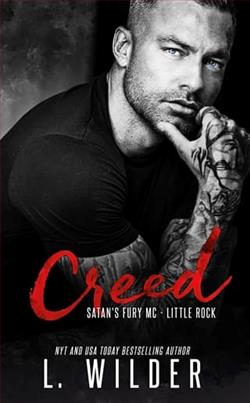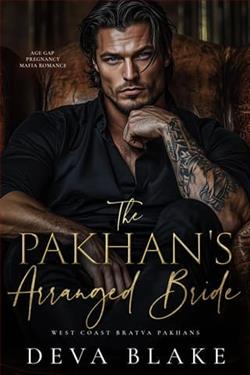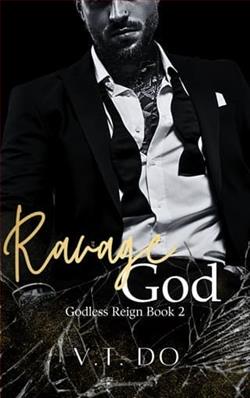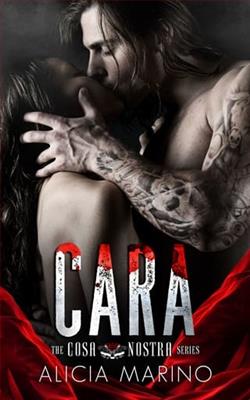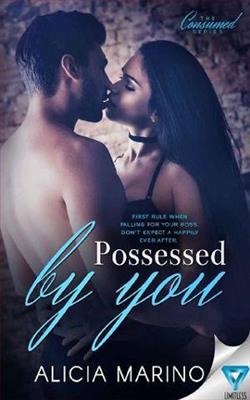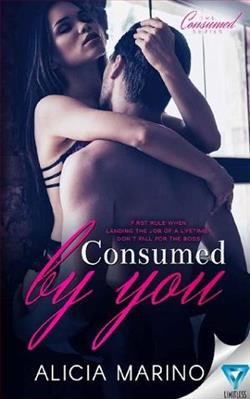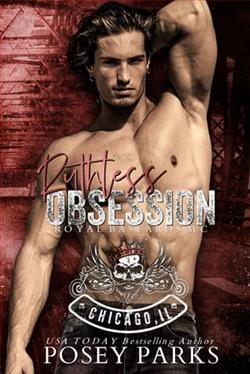Page 60 of A Storybook Wedding
“Is that the part where the sister tells the narrator that she’s marrying her ex?”
She nods. “And the downward spiral immediately following that moment.”
“That’s a good selection. Even though it’s not ‘literary,’ per se, I think it’s a strong part of the piece from an emotional standpoint. I think it will move people.”
“Even if they haven’t read the whole thing up to that point? I feel like that’s a big risk to take in workshop.”
“It is,” I agree. “There’s an assumption that every piece begins at chapter one. But I think if you clarified with an opening note explaining to the reader where they’re at in the story—”
“I did,” she interrupts.
“Then you should be fine,” I say. “How was Devereaux’s critique of the piece that went today?”
“Not bad. No tears. She kept referencing her own work though.”
“Really?”
“Yeah. Have you ever read any of it?”
I shake my head no.
“Well, you guys are with the same publisher. Did you know that?”
“PRH?”
“Further than that. You’re both with the same imprint.”
“Seriously? She’s with Boone Books too?”
She nods and begins fishing through her backpack. “I bought one of her books. I had to, for required reading for the workshop.”
“Can I see it?”
“Sure.” She pulls the book, a trade paperback titled Second Fiddle, from her backpack and hands it to me.
I immediately flip to the acknowledgments. She thanks her agent; then…there it is. Her editor. “I know this name. Georgia Malin. She works for my editor, Dan Brodsky. Dan’s the editorial director.”
“Small world,” CJ says.
My eyebrows knit together as I consider how small. “Yeah. I think Georgia’s a pretty senior person there too. But Dan runs the show. I wonder if Devereaux knows that we’re published by the same imprint.”
She shrugs.
“Well, so what’s her book about?”
“It’s interesting actually. It’s about two authors who write books with similar themes. One blows up and the other doesn’t. The narrator of the story is the author who didn’t blow up. In fact, her manuscript is rejected by the publisher. The other author becomes huge, like a household name. So it chronicles the narrator’s descent into madness at the missed opportunity.”
“Missed how?”
“It was a timing thing. The narrator submitted her manuscript right after the other author’s manuscript was accepted. Like, they were off by just a couple of weeks. But the narrator had spent over a year working on it, and it was the second book in a two-book contract, so she had no choice but to start from scratch because she was on the hook to the publisher.”
“That seems unlikely though. Wouldn’t the editor have known what the narrator was planning to write about?” I ask.
“Yes, but the narrator changed course after her brother was killed in a plane crash.”
“Hmm. That sounds like a decent read.”
“It is. I always find books about writers fascinating.”









